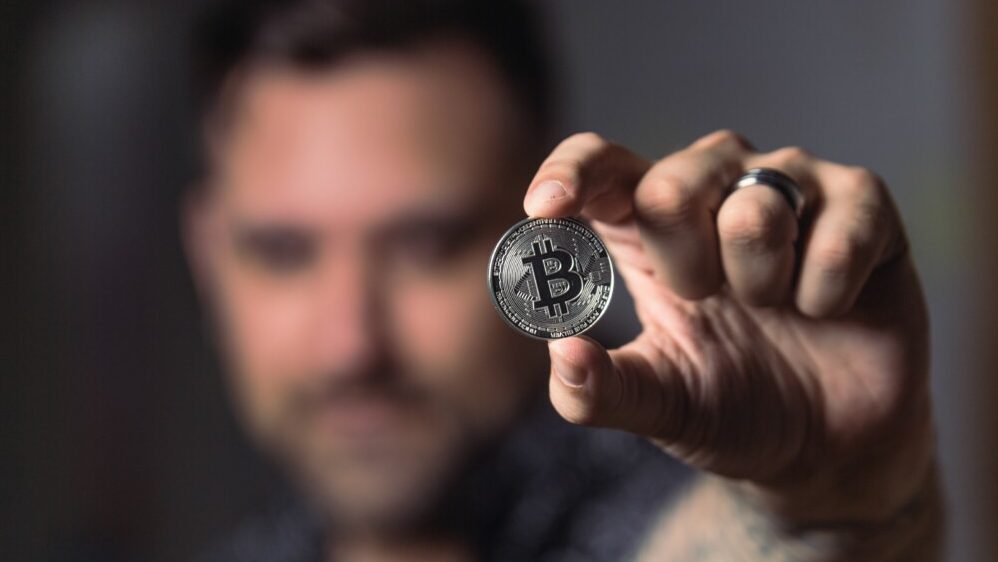Greetings, fellow voyagers of the crypto sphere! As we meander through the labyrinthine realm of digital currencies, deciphering the regulatory edifice that overlays it proves perplexing. This structure assumes an extraordinary intricacy in the United States, emblematic of the nation’s stance as a linchpin in the global economy. This manuscript endeavors to illuminate this perplexing network, furnishing an exhaustive synopsis of the cryptocurrency supervisory framework in the US. So, secure your harness and embark upon this enlightening expedition!

Genesis of the Cryptoverse: An In-Depth Exploration
Inception of Bitcoin
Our odyssey commences in 2009, a momentous epoch in the annals of financial chronology. This was the juncture at which an enigmatic entity, Satoshi Nakamoto, unshrouded Bitcoin to the world’s gaze. Transcending a mere novel currency, Bitcoin embodied a seismic paradigm shift poised to destabilize conventional monetary systems. As the pioneer cryptocurrency, Bitcoin unfurled the potentiality of decentralized, peer-to-peer economic exchanges, promulgating a radical reimagining of the financial concept.
The Emergence of Altcoins and the Fragmentation of the Cryptomarket
After Bitcoin’s advent, many altcoins (alternative cryptocurrencies) rapidly burgeoned. Ethereum debuted, introducing the groundbreaking notion of smart contracts, while Ripple aspired to expedite international transactions, proffering a feasible substitute to sluggish, costly global bank transfers. This surge of ingenuity instigated an exponential proliferation of the cryptocurrency market.

Present-day Scenario of Cryptocurrency Oversight in the US
Function of the Securities and Exchange Commission (SEC)
In the sphere of US regulation, the SEC commands a conspicuous standing. Its mandate is to ascertain whether a digital asset qualifies as a security. If deemed so, the support comes under the SEC’s purview, compelling the issuer to adhere to various regulatory and reporting stipulations to uphold transparency and safeguard investors.
The function of the Commodity Futures Trading Commission (CFTC)
The CFTC is pivotal when a cryptocurrency is classified as a commodity. This entity oversees futures and derivatives markets, asserting that it perceives Bitcoin and other cryptocurrencies as commodities within its jurisdiction.
The function of the Financial Crimes Enforcement Network (FinCEN)
FinCEN emerges as another key contender in the regulatory theatre, concentrating on averting money laundering and fraudulent conduct. This entity requires cryptocurrency exchanges and wallet providers to conform to its rules, thereby striving to curb the illicit utilization of cryptocurrencies. If you are looking to trade crypto you should always look for a secure exchange like CEX.IO

Function of the Internal Revenue Service (IRS)
The IRS has stipulated that cryptocurrencies are recognized as property from a taxation perspective. Users must declare their capital gains or losses from cryptocurrency transactions in line with other property dealings.
Crucial US Cryptocurrency Regulatory Milestones
A series of pivotal events have sculpted the regulatory terrain. One of the most consequential was the SEC’s 2017 proclamation that certain ICOs (Initial Coin Offerings) could be classified as securities. This assertion placed numerous ICOs under the SEC’s scrutiny and established a benchmark for future token offerings.
Prospective Scenario of Cryptocurrency Regulation in the US
Potential Regulatory Trajectories
Despite prevailing ambiguity, the forthcoming regulatory landscape will usher in enhanced lucidity. As the administration endeavors to balance nurturing technological advancement and assuring consumer protection, we can anticipate the regulatory topography to undergo corresponding evolution similar to how Lithuania crypto license requirements and many other countries have come into play.

Ramifications for Cryptocurrency Enterprises and Investors
The impending regulatory modifications could profoundly impact cryptocurrency enterprises and investors. More remarkable regulatory lucidity could spur institutional involvement and expedite the mainstream adoption of cryptocurrencies. However, stringent regulations pose considerable obstacles for nascent crypto startups due to the escalating cost of regulatory adherence.
Regulatory Hurdles in the Cryptocurrency Ecosystem
Need for Regulatory Precision
A dominant challenge within the crypto sphere is the requisite for regulatory precision. With diverse regulatory bodies interpreting cryptocurrencies variably, businesses and investors may need help navigating the regulations. For instance, while the CFTC perceives Bitcoin as a commodity, the SEC has hinted that specific cryptocurrencies could be securities.
Global Regulation
Another considerable challenge is the transnational character of cryptocurrencies. Cryptocurrency transactions can effortlessly transcend borders, raising the question: which nation’s regulations should prevail? This issue grows exponentially intricate when considering regulatory structures for initial coin offerings (ICOs) or in cases of criminal activities such as fraud and money laundering.

Decentralized Finance (DeFi) in the US: A Look into the Future
Regulatory Implications
The ascension of DeFi, or decentralized finance, has added a new dimension to the regulatory discourse. DeFi platforms function sans intermediaries, leveraging smart contracts on the blockchain. As DeFi continues its upward trajectory, regulators grapple with applying conventional financial statutes to this emergent technology.
Potential Impact of Regulation on DeFi
While regulation presents hurdles for DeFi, it also aids in conferring greater legitimacy and trust, attracting an expanded user base to DeFi platforms. The code further stimulates traditional financial institutions to integrate with DeFi platforms, fanning the flames of innovation and growth within the sector.
Cryptocurrency Regulations and Innovation: A Delicate Equilibrium
Tightrope Walk
Regulating cryptocurrencies is akin to a tightrope walk. Conversely, regulation is indispensable to safeguard consumers and curtail illicit activities. On the flip side, excessive regulation could smother innovation and impede the crypto industry’s growth. The regulator’s task is to strike an optimal balance.
A Pro-Innovation Regulatory Stance
Some propose that the US adopt a pro-innovation regulatory stance, mirroring nations like Singapore and Switzerland. This could involve the creation of a regulatory sandbox wherein startups could experiment with their services under regulatory supervision. Such an approach could stimulate innovation while ensuring consumer protection.
Conclusion
Interpreting the constantly evolving panorama of cryptocurrency regulation in the US is complex, necessitating a delicate equilibrium between spurring innovation and ensuring consumer protection. As the crypto industry matures and ventures into uncharted territories like DeFi, we’ll likely witness further regulatory architecture developments. Whether you’re a crypto enthusiast, investor, or entrepreneur, keeping pace with these changes is vital for successfully navigating the crypto sphere.











































